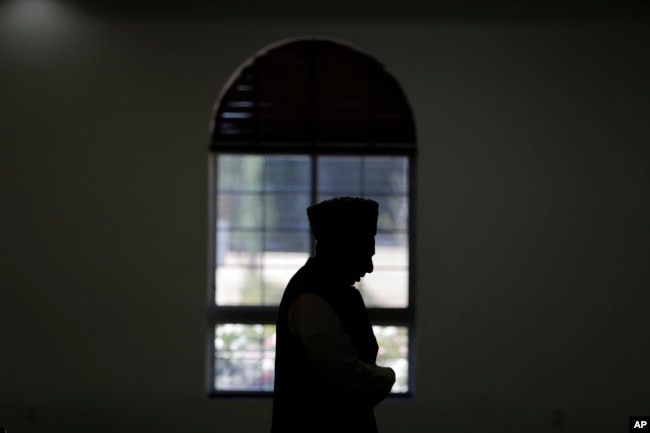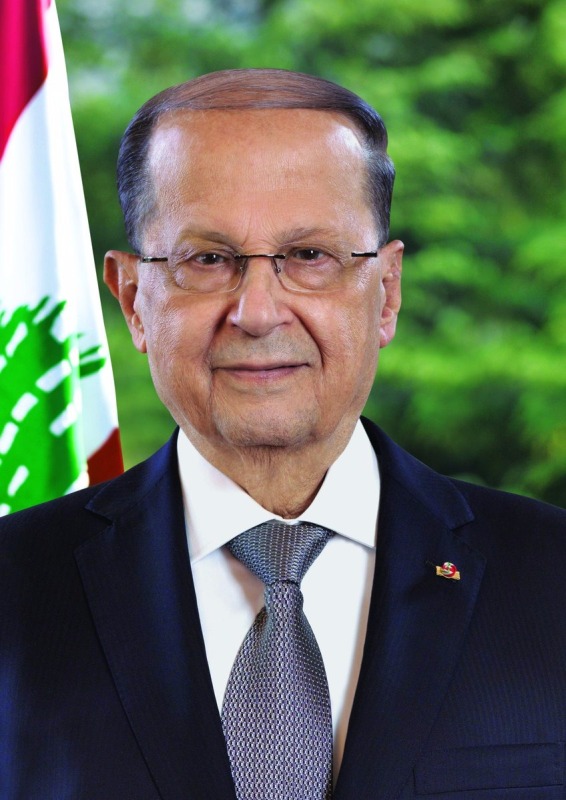Islamic State Calls on Supporters to Target Religious Scholars
The terror group says the clerics are collaborating with Arab regimes and the international coalition opposed to IS and are urging supporters as a top priority to kill “the evil scholars.”
Some analysts suspect the terror group is casting around looking for traitors to explain the collapse of IS’s battlefield fortunes and to shape perceptions about the reasons for the fall of the terror group’s self-styled caliphate.
Others see the new campaign as linked more immediately to the propaganda struggle being waged between IS and the Iraqi government over the unfolding battle for Mosul in which both sides are questioning the religious and historical legitimacy of the other.
‘Imams of unbelief’
The campaign, titled “Fight the Imams of Unbelief” targets prominent clerics by name, including Salafi theologians such as firebrand Egyptian cleric Yousuf al-Qaradawi and Saudi Arabia’s ‘Abd Al-‘Aziz Aal Al-Sheikh.
Several of the scholars and clerics named are associated either with the Muslim Brotherhood, which the Trump administration is considering designating a terrorist organization, or are apologists for the Islamic State’s jihadist rival al-Qaida.
The clerics listed have long criticized IS and took issue with Abu Bakr al-Baghdadi when the terror group’s leader announced in July 2014 from the pulpit of the Grand Mosque of Mosul a caliphate straddling Iraq and Syria and instructed all Muslims to obey him.

FILE – An imam prays at a mosque in Chino, California, Nov. 18, 2016. Targeting clerics opposed to the Islamic State in a new propaganda campaign, the jihadist group is thought to have launched an effort aimed at deligitimizing them, especially in the eyes of young Muslims.
The caliphate declaration was seen by an older generation of jihadist and Islamist scholars as subversive and not in line with their interpretations of Sharia Law. Qatar-based Yousuf al-Qaradawi warned al-Baghdadi’s ambitions would have dangerous consequences for Sunnis in Iraq and Syria and dismissed the caliphate announcement when it was made as “void under Sharia.”
IS-affiliated online channels circulated a banner on February 9 announcing the start of the campaign, according to the Middle East Media Research Institute, a Washington-based research organization that monitors jihadist online activity. Popular preachers on Arab satellite channels such as Muhammad Al-‘Arifi also are targeted, as well as prominent clerics in the West, including Australian sheikh Shady Al-Suleiman and U.S.-based cleric Omar Suleiman.
‘Clerics of evil’
As part of the campaign, IS issued two official videos attacking the “clerics of evil.” In addition, IS supporters and pro-IS media outlets have circulated articles and posters. An IS-affiliated media outlet posted a hit list of 35 clerics.
The videos contrast “supposedly corrupt and worldly, older, wealthier establishment clerics with IS’s own young, pure and sincere ‘fighting’ imams,” says Alberto Fernandez, a former U.S. ambassador, now with MEMRI. The IS videos, which show children killed allegedly in coalition airstrikes preceded by images of smiling or laughing “establishment” clerics, appear to be “portraying an ideological struggle in generational and even class terms,” says Fernandez.
The videos titled “Agents, Not Clerics” and “Fight Ye the Imams of Unbelief”, were produced by the terror group’s branch in Nineveh province in northern Iraq and the IS branch in Al-Khair province in Syria respectively.
Religious legitimacy has been at the core of an intense propaganda struggle between the Iraqi government and IS, according to Pete Knoetgen.
In a study in the Journal of Middle Eastern Politics and Policy published by Harvard University’s John F. Kennedy School of Government, Knoetgen argues the Iraqi government has been highlighting in its propaganda output the terror group’s illegitimacy. Among other things the Iraqis have been “publicizing IS’s deviations from its supposedly pious beliefs, typified in a recent Counter Terrorism Service Twitter post that displayed liquor bottles found following a raid on an IS position in Mosul.”
He adds, “For its part, IS uses terms that attack the religious credentials of the government, often in sectarian fashion.” IS propagandists dismiss Iraqi forces as “rafidee” (rejectionist), a term used for Shi’ite Muslims by Sunnis in reference to their rejection of the three caliphs who succeeded Mohammad.
Analysts have highlighted a recent sharp decline in the volume and coherence of IS propaganda.
The group has shifted the themes of its propaganda output from playing up the “civic order and virtues” of the caliphate to material based more on battlefield reality. While some shifts can be explained as a preemptive framing of defeat in Mosul; others may be reflective of a breaking down in terms of the terror group’s hierarchy and cohesion or an exploratory rebranding, say analysts.
Source: VOA Middle East By: Jamie Dettmer
© 2017, jean zouein. All rights reserved.













